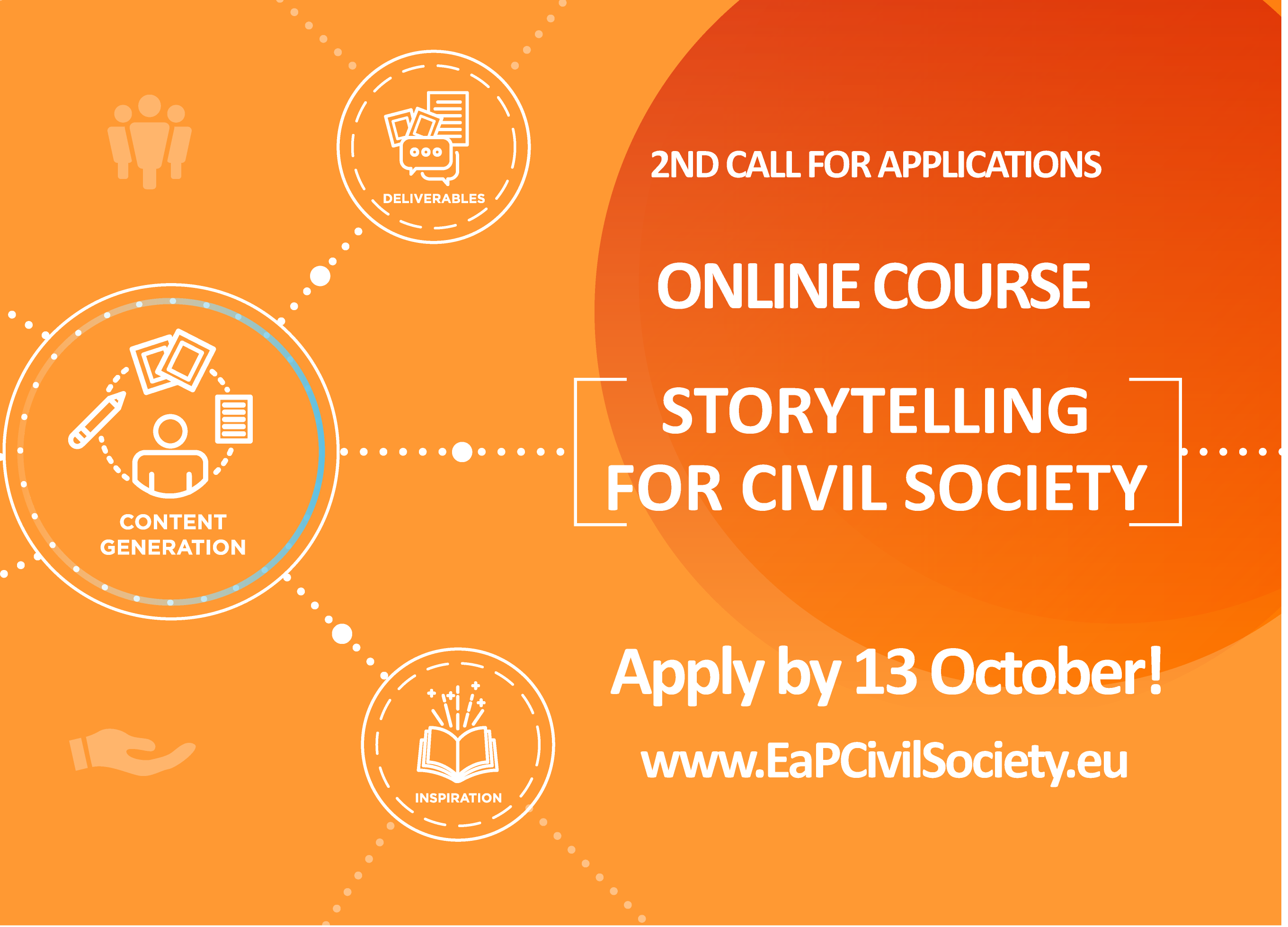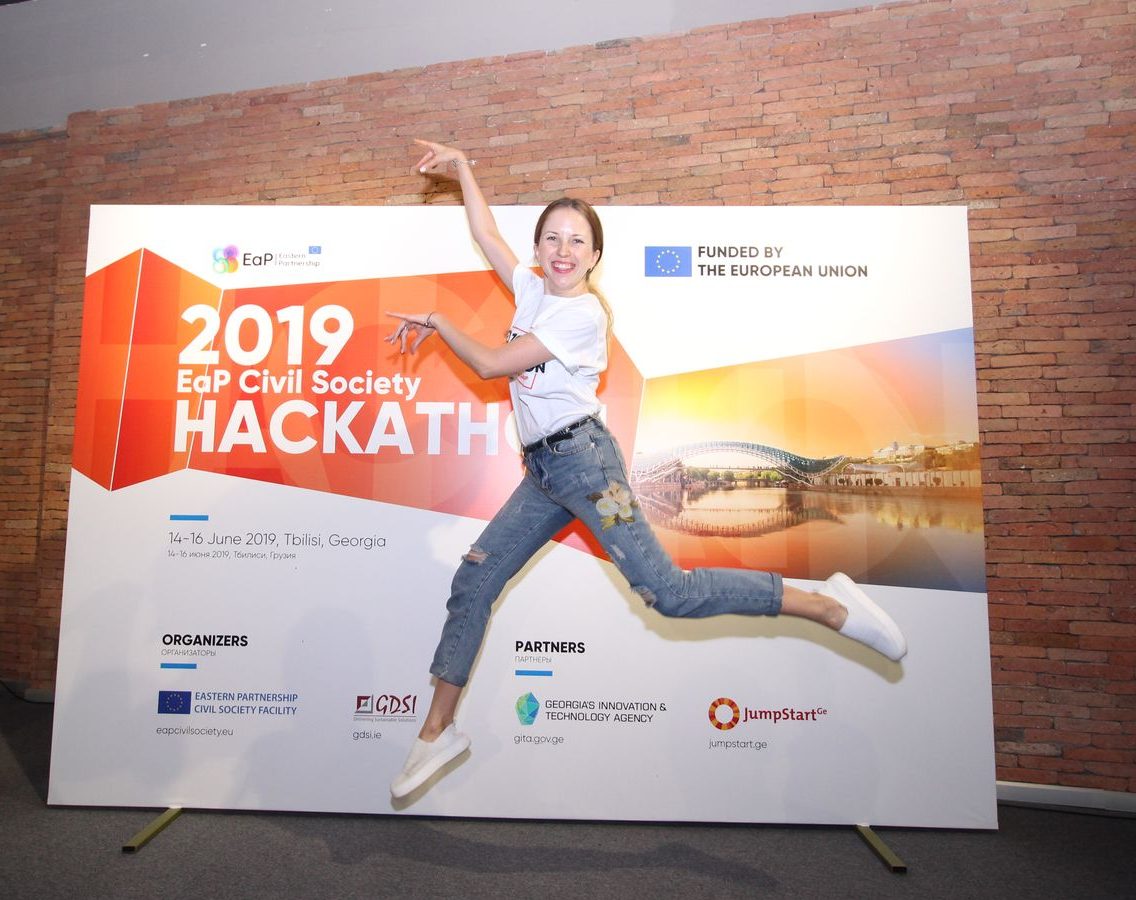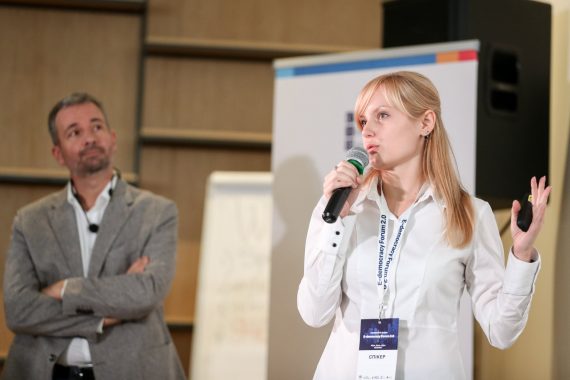 e-Democracy is not a modern trend or just another hype in the Internet. It is a natural reaction and attempt to adapt the existing system to the needs and expectations of the 20-century-citizens, by empowering them to make decisions on their own and states’ future where they feel the most comfortable and convenient – online.
e-Democracy is not a modern trend or just another hype in the Internet. It is a natural reaction and attempt to adapt the existing system to the needs and expectations of the 20-century-citizens, by empowering them to make decisions on their own and states’ future where they feel the most comfortable and convenient – online.
And with this simple need – be there for the people – the states and societies at larger start facing challenges and questions no one thought about some 20 years ago. How to identify a person as a citizen with decision making rights without being intrusive into his/her private life? How to keep one’s personal information safe, so ‘bad guys’ – criminals, large corporations or even evil neighbors – won’t get and use it to steal one’s money, influence decisions, or bully a person online and offline? What services shall be converted online first? What technologies shall be used? Who shall control the processes, technologies and data? Why the same e-democracy tools are in-demand in one region, but there is no call for them in a neighbouring town?
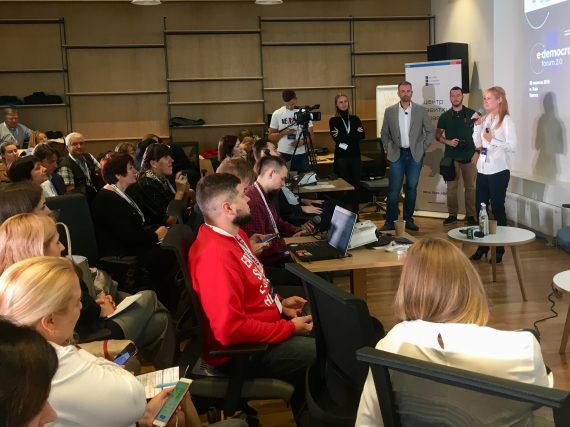 Ukraine, like many other EaP countries, started answering these and other questions some 5 years ago. Developing, analysing and promoting e-democracy requires a new generation of young leaders – digitally native people with first-class knowledge of the constitutional law, hands-on experience and policy development and the strong civic position.
Ukraine, like many other EaP countries, started answering these and other questions some 5 years ago. Developing, analysing and promoting e-democracy requires a new generation of young leaders – digitally native people with first-class knowledge of the constitutional law, hands-on experience and policy development and the strong civic position.
In 2018, three EaP Fellows from Ukraine – Anna Yemelyanova, Karina Litvinova and Olena Medvedenko – joined their efforts with the Centre for Innovations Development (CID), to organise the first forum on the e-Democracy where they presented their latest research on the e-democracy practices, trends and challenges in Ukraine. Together with the participants – representatives of the inline state agency and city administrations, members of public councils and local self-governing bodies, and civil society at large – they were challenging the state programme on e-democracy and e-government development in Ukraine, suggested amendments to the draft laws and other regulations, prioritised services to be converted into the electronic format.
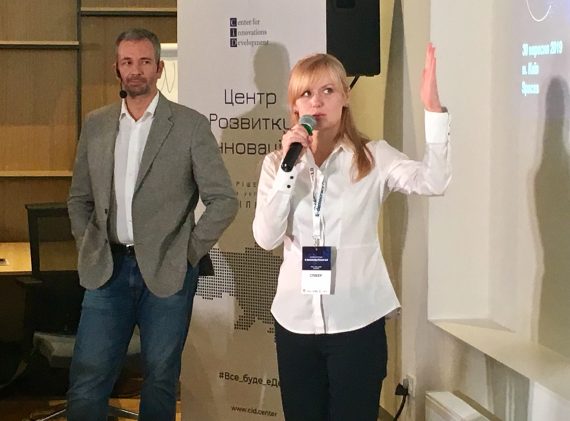 In less than a year, on 30 September 2019, the second forum – ‘e-Democracy Forum: Quality Matters’ – took place in Kyiv. Organised by the CID, where Anna, Karina and Olena work as researchers, it doubled the scale of the first one: 100+ participants, direct discussions with the parliamentarians on the legislative changes needed for the full-scale e-democracy in Ukraine and recommendations from local and international experts, cases of e-democracy projects and services currently working in Ukraine – and the best of the best Ukrainian cities in implementing e-democracy at local levels. The last – Index of Local e-Democracy 2.0 – was presented by the EaP Fellow Anna Yemelyanova, who also worked on the 2018 edition of the Index. The Index of Local e-Democracy 2.0 will be available soon online here.
In less than a year, on 30 September 2019, the second forum – ‘e-Democracy Forum: Quality Matters’ – took place in Kyiv. Organised by the CID, where Anna, Karina and Olena work as researchers, it doubled the scale of the first one: 100+ participants, direct discussions with the parliamentarians on the legislative changes needed for the full-scale e-democracy in Ukraine and recommendations from local and international experts, cases of e-democracy projects and services currently working in Ukraine – and the best of the best Ukrainian cities in implementing e-democracy at local levels. The last – Index of Local e-Democracy 2.0 – was presented by the EaP Fellow Anna Yemelyanova, who also worked on the 2018 edition of the Index. The Index of Local e-Democracy 2.0 will be available soon online here.
Civil society and local self-governments are the main drivers for the e-democracy progress in Ukraine, agreed the participants. And this Forum is an excellent opportunity for all stakeholders to compare the achievements, raise problems, take expert advice and get inspired for further work, so we will definitely hear about the e-Democracy Forum 2020 and our EaP Fellows next year.



